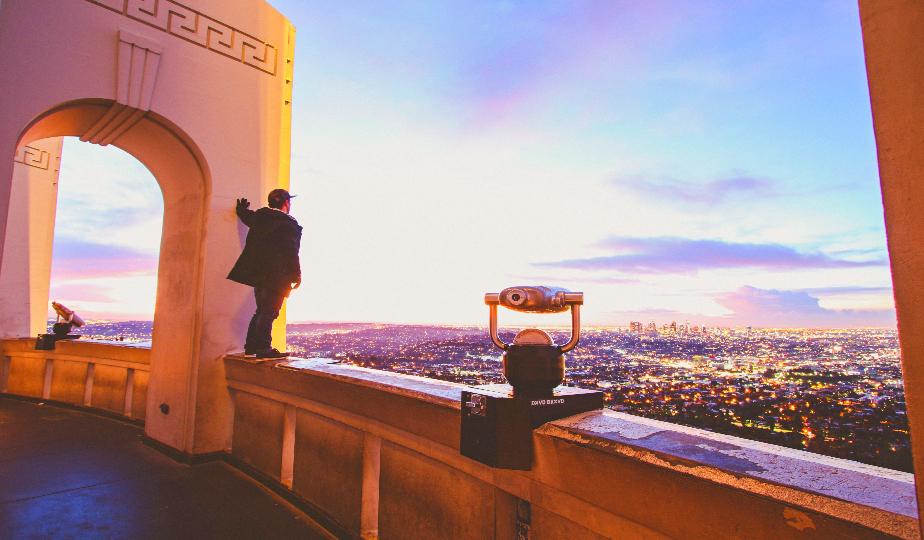How to be an Extra in a Movie
Acting alongside a star-studded cast may seem intimidating and impossible for individuals with little or no acting experience. But, hundreds of annual casting calls for extras provide the opportunity to fulfill your dreams of walking by your favorite actor, sitting at a nearby table drinking coffee, or becoming the latest victim of a zombie attack.
Agencies like Central Casting are a great place to start when looking for casting calls; as the leading background actor company in the country, Central Casting has a reputable track record and widespread availability. When registering with agencies, however, look out for some red flags such as upfront fees, guarantees of being cast, and compensation ranges that seem too good to be true (because they probably are).
Registration should be free—but note that agencies are likely to take around 10 percent of your earnings as they come in—and may require you to provide basic personal information and headshots. You might also need to specify your height, weight, and ethnicity, which can impact the roles you may be cast for. When you go to the set, bring your passport or other documentation for filling out tax paperwork to ensure you get paid.
Finding Casting Calls
There are endless ways to find casting calls. In addition to utilizing casting agencies, you can search for specific productions online; follow the social media accounts of casting companies, television networks, and agencies; and look for resources through the California Film Commission website. To find the most targeted openings for you, register with multiple agencies after researching their legitimacy.
Radio stations, specific television programs, and industry websites also frequently announce upcoming casting calls, acting opportunities, and positions for extras, so make sure to keep your ears and eyes open.
* Note that casting calls are more prevalent in cities such as Los Angeles, though there are state film offices and opportunities statewide.
Applying to a Role
Whenever possible, respond directly to the casting call with a headshot and your personal information. But before you hit send, make sure you’ve followed any directions given, double checked the requirements for the role you’re applying for, and ensured the job is not only for union employees. Showing that you do not follow instructions is not a good look and can cost you future gigs. Casting directors need to know their extras are able to follow directions, so don’t risk not getting cast in the future by lazily or hastily applying.
After reviewing your application and confirming you fit the bill, email the proper address using the specified subject line or one that explicitly states the role and production you are applying for.
Once on the Extras Cast
Congratulations, you have been chosen as a movie extra! As soon as you hear the news, your contact should provide you with any additional information that will help you succeed on set, including what to wear, where to park, and what time to arrive. It is imperative that you clear your schedule for the entire day and show up early to get settled. After you arrive, you should check in with your specified crew member, make any last-minute adjustments, and go over the schedule, if necessary.
Now that you’ve made it through casting, the hard part is over, and all you have to do is follow the directions on set. Since there are no lines, there is no need to panic. You’ll likely go through the same actions you perform on a daily basis—such as walking, sitting, and lying down—so don’t fret. Seriously, you’ve got this.
One last piece of advice that can go a long way: Don’t ever look directly into the camera or add special flourishes to your role without being told to do so. Casting directors look for these sorts of things and are in control of future cast lists, so try to make a good impression—it could lead to your next career in Hollywood.






